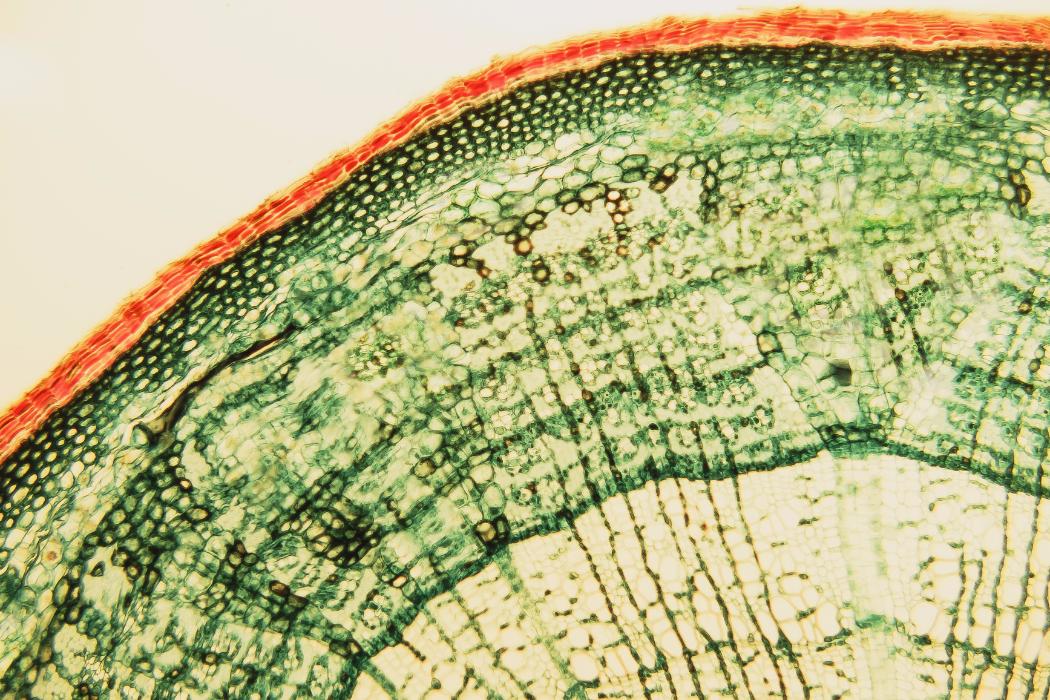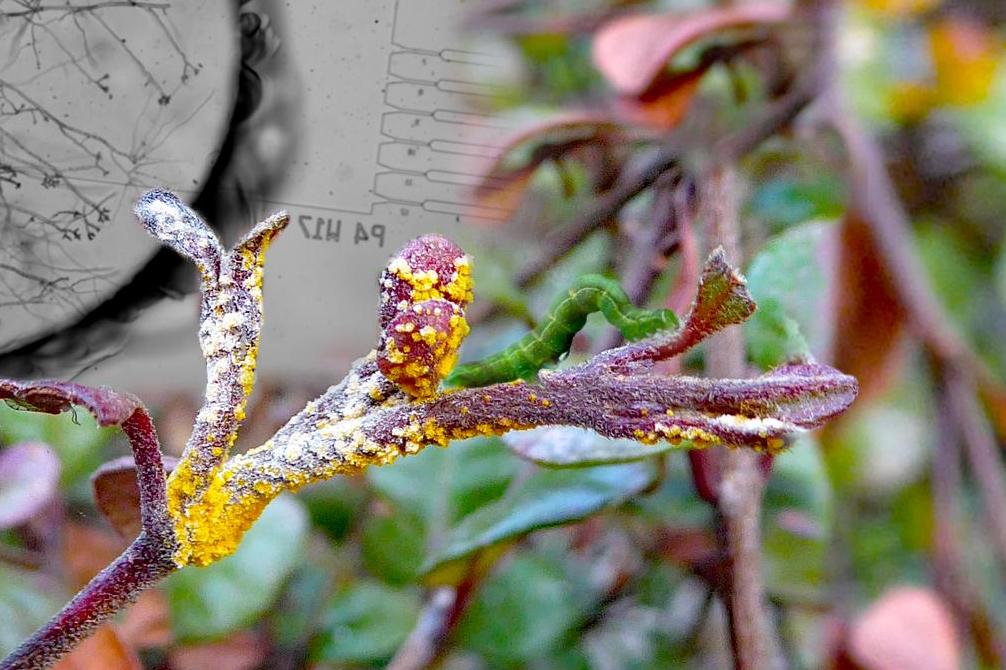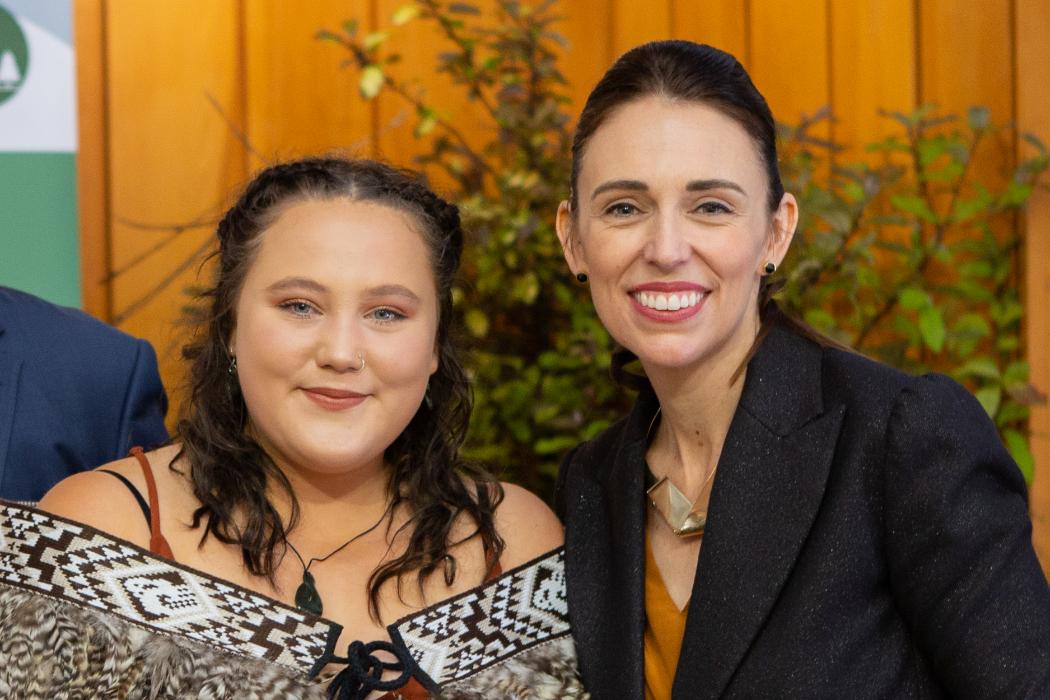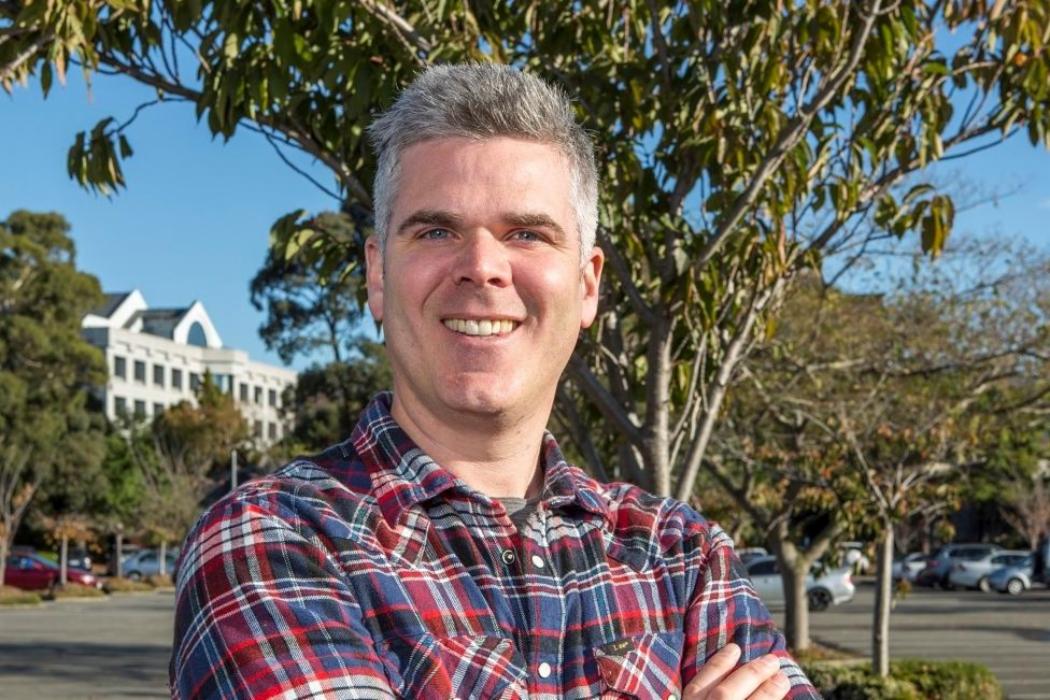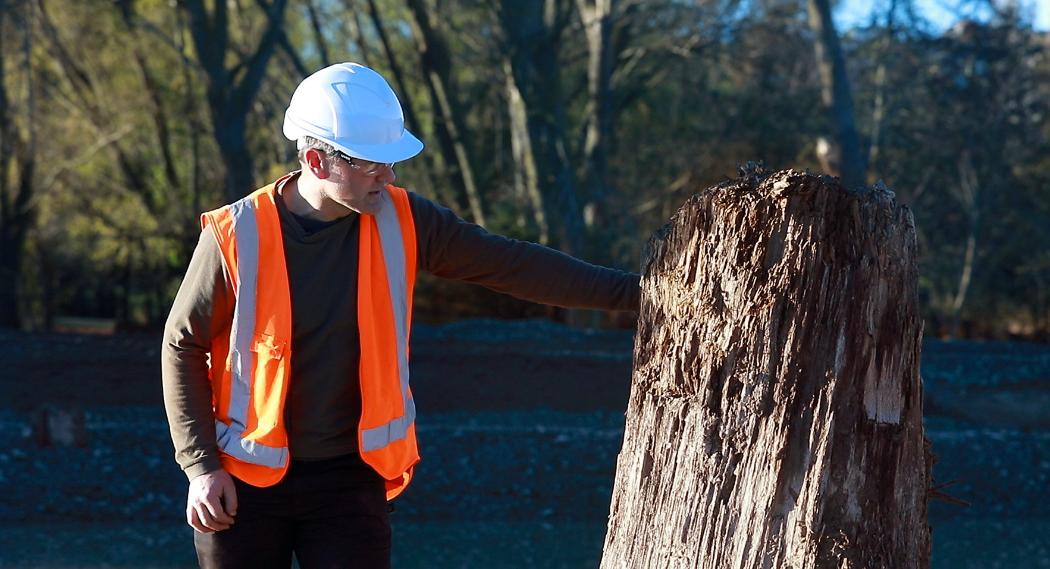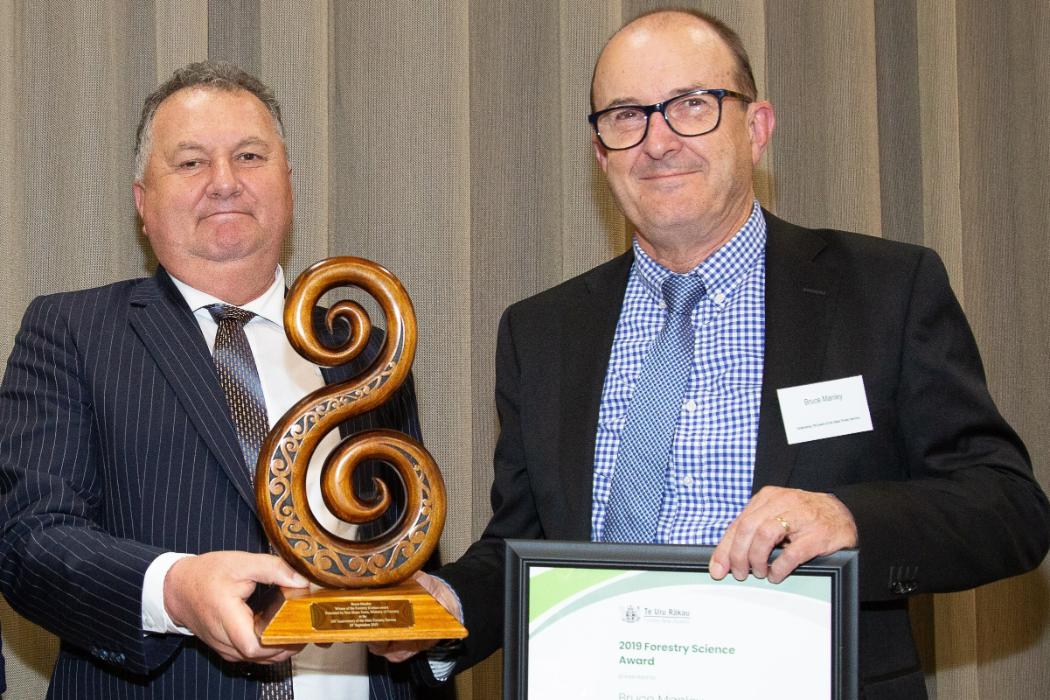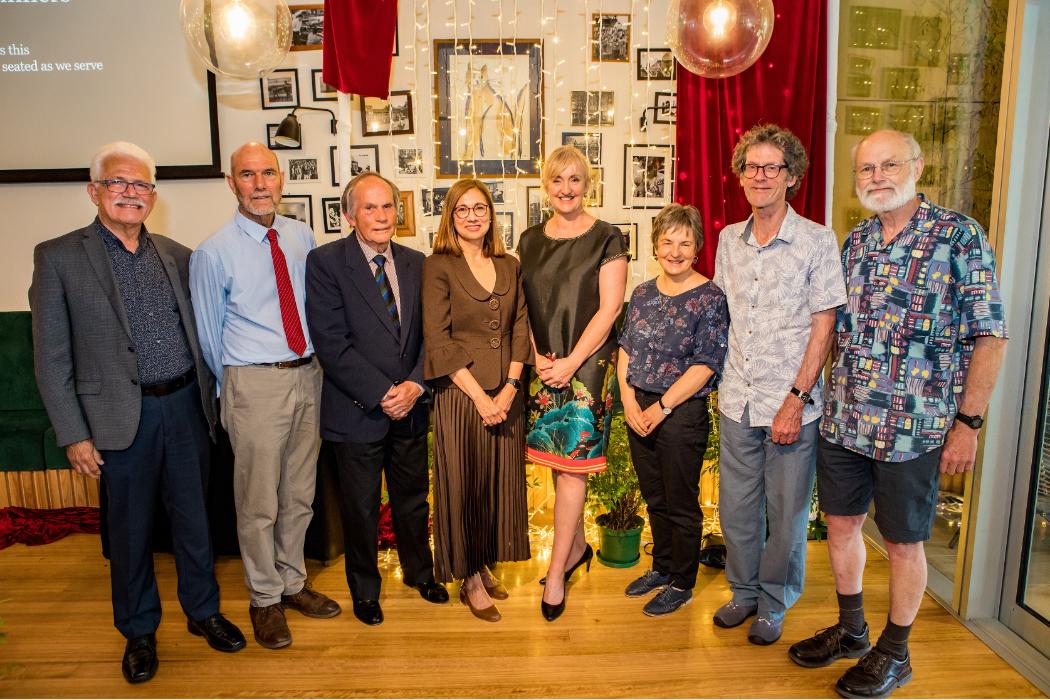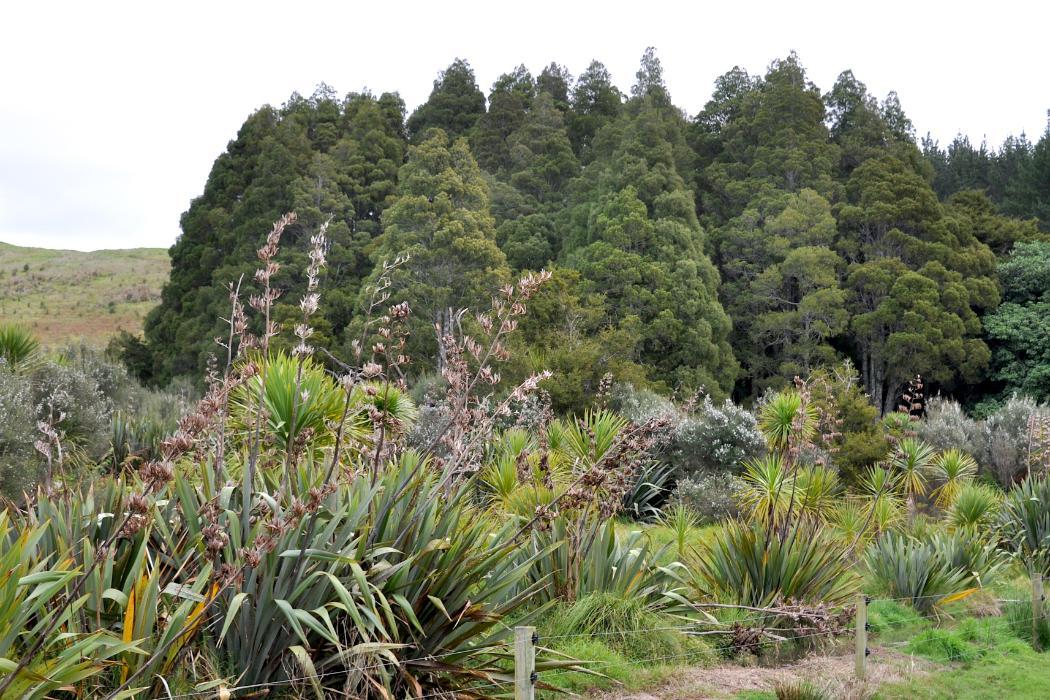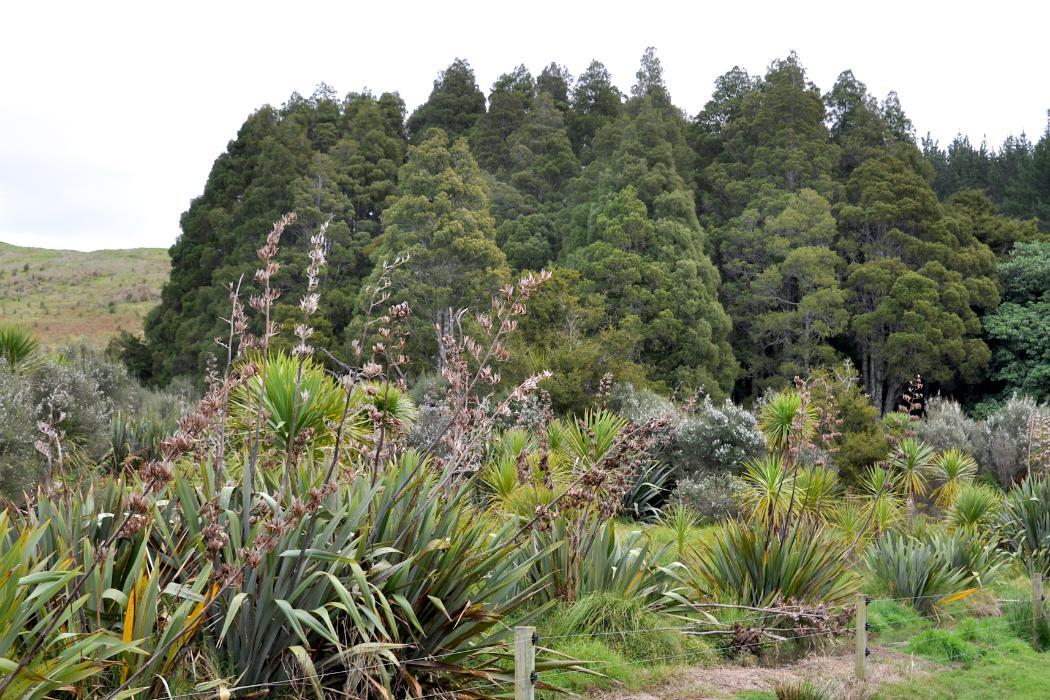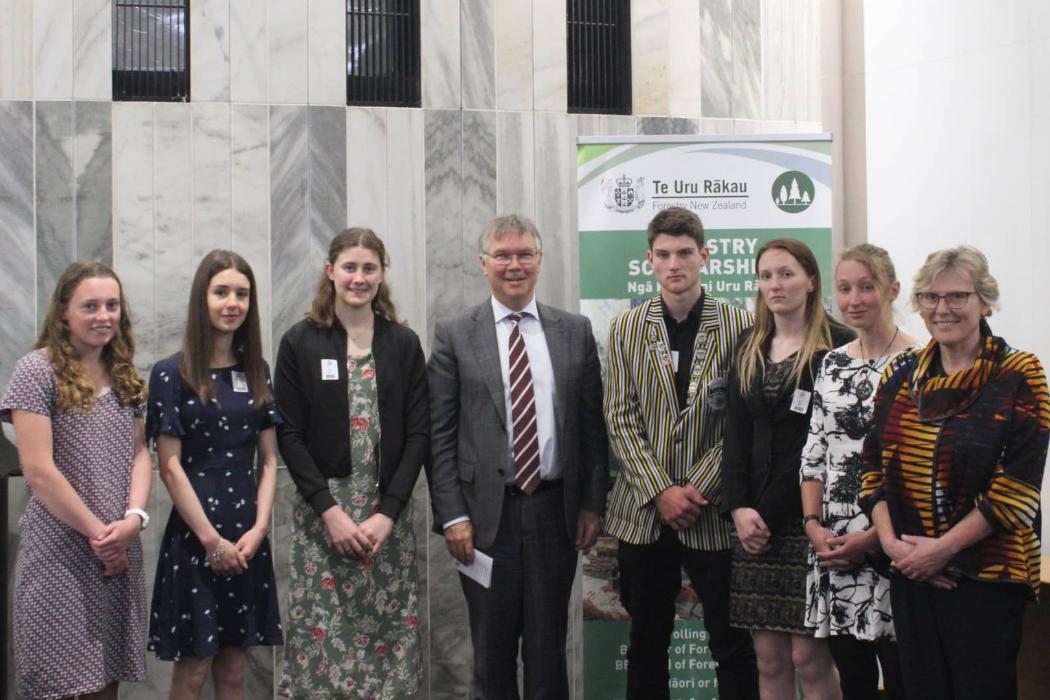A wide range of research is carried out within the Department. Links to the research fields are given below. Please contact staff involved to learn more about their research.
The Remote Sensing and Geospatial Analysis (RSGA) research group at the School of Forestry is co-directed by Associate Professor Morgenroth and Dr. Cong (Vega) Xu. Our group focuses on applying remote sensing and geospatial technologies to forested environments, including the processing and analysis of LiDAR, UAV data, and satellite imagery, and using advanced AI models to address complex challenges.
Some of our previous and ongoing projects include:
- Mapping native forest species
- Describing small-scale plantation forests
- Mapping canopy cover in urban environments
- Detecting individual trees with deep learning
- Classifying minor plantation species
- Estimating forest biomass using LiDAR
- Phenotyping tree branches with mobile laser scanners
- Assessing tree defoliation using UAV LiDAR and multispectral imaging
- Evaluating the ecosystem services of urban forests
- Monitoring heat islands and their relationship to greenspaces
- …
We offer Honours, Master's, and PhD opportunities. Currently, we are particularly interested in the following areas:
- Forest biomass and carbon modelling with remote sensing
- Forest phenotyping using remote sensing
- Urban forest monitoring
- Long-term monitoring of plantation forests
- Forest health monitoring with remote sensing
Please feel free to reach out if you are interested in any of these areas or other related topics.
Contact
Associate Professor Justin Morgenroth
RSGA Website
The wood science team is working with industry partners on:
- Supporting NZDFI.org.nz establishing a naturally durable hardwood industry in New Zealand
- Quantifying environmental and genetic factors affecting wood properties and consequently wood quality
- Understanding how wood anatomy and cell wall chemistry control industry relevant wood properties such as stiffness, growth-strain, drying defects or durability
Honours, Master and PhD projects are available. Currently we are particularly interested in:
- Phenotyping radiata pine for pulp and bioenergy relevant wood quality traits
- Quality control of naturally durable timber through grading
- Utilisation of high-density timber by-products
- Relationship between soil properties and drying defects of eucalypts
- Controlling starch content of sapwood to improve borer resistance
- NZ’s perception to preservative treated timber
- Wood properties of NZ native timbers
- Understanding self-pruning (cladoptosis) in trees (reducing knots in timber)
- …
Contact
The School of Forestry at the University of Canterbury has gained domestic and international recognition for its extensive timber engineering research. In collaboration with industrial, academic, and research institutions, our team conducts research on the following themes:
- Structural performance of timber building components and structures
- Innovative engineered wood product development
- Timber building technology for environmental sustainability
Honours, Master and PhD projects are available. Current research topics are:
- Economically and environmentally sustainable engineered wood product development
- Natural disaster-resilient timber building systems
- Long-term structural behaviour of long-span timber-based floor systems
- Small-scale engineered wood product manufacturing
- Mass timber connection design for structural performance, durability, disassembly, and adaptability.
Contact
- Investment returns from commercial forests in New Zealand
- The economics of growing trees for timber and carbon
- Markets and end-uses for New Zealand forestry products
- Tree breeding in New Zealand
- Forest restoration
- Forestry sector workforce requirements now and in the future
Contact
Improving the operational performance of the NZ forest industry. The three key components of any successful operation are that it optimises economic viability, while ensuring physical feasibility and social acceptability. Below are five research themes that our group has been involved in.
Operational efficiency
There are many machines/systems that can be used to accomplish any given operational task in forestry. While our systems are normally very productive, they are also very expensive to run. New machines/equipment are being designed on a regular basis to help improve the cost-effectiveness of operations, but also to improve safety and environmental performance. Such machines/equipment need to be studied to see if the desired improvements can be realised in the field. Examples of current research projects include mechanised felling on steep terrain and operating grapples with cable yarders.
Biomass/Bioenergy
Woody biomass is a form of renewable energy that has been identified as offering great potential for reducing Aotearoa’s dependence on coal, oil or gas for process heat and electricity production. Woody biomass can be found at landings as residues of log processing as well as in the cut-over (harvest area), but thinning operations can also yield large volumes of quality biomass product. Research into the recovery of biomass focuses on integrating new systems into our active harvest operations to promote the production of high-quality biomass, as well as recovering larger volumes of the material.
Forest roading
Forest roads regularly cost more than $300 per lineal metre to construct in steep terrain. Poorly planned or constructed roads can be unsafe or have a significant and long-term impact on the environment. While there are many facets to successful road design, the current research programme focuses on un-bound pavement design, and the integration of new technologies into the design and construction processes. Teaching materials associated with Computer-Aided Design (CAD) software have been developed for the forest industry.
Environmental impacts
Harvesting operations can have unnecessary impacts on the environment if poorly planned or executed. These can include excessive erosion, sedimentation of waterways, or disturbance of streamside vegetation. Careful planning is the key first step to ensuring that potential impacts are minimised. We work with modern planning tools to optimise harvesting and critically assess the available options. Studies on specific machine and system alternatives have been carried out to check on environmental performance. One specific study looks at the size and layout of the processing areas associated with harvesting operations.
Health and Safety – Operator Wellbeing
Despite the capabilities of modern logging machines, they are still highly dependent on the skills of the operator for achieving the gains in productivity and safety they promise. That makes operator safety and wellbeing of paramount importance. Determinants of wellbeing have been shown to include the effectiveness of the roading and landing infrastructure and trucking system, the organisation of the crew and the level of control operators have over their work and work environment. Current research with implications on operator wellbeing and safety include understanding the potential of two stage trucking systems to enhance the productivity of the crew and exploring the opportunity for operators to control their own skill development using video feedback tools.
Contact
Rien Visser, Campbell Harvey and Trevor Best
Forest Engineering website
The Ecology and Conservation research group at the School of Forestry is co-directed by Dr Sarah Wyse and Associate Professor Steve Pawson. Our group focuses on understanding the biology of New Zealand’s indigenous and productive forest ecosystems with particular emphasis on forest flora and invertebrate fauna. We are interested in improving techniques and designing new methods to conserve New Zealand’s forest biodiversity and restore forest ecosystems.
We offer Honours, Master's, and PhD opportunities. Currently, we are particularly interested in the following areas:
- Community dynamics of New Zealand’s indigenous forests
- Plant regeneration ecology
- Seed conservation
- Forest restoration
- Insect behaviour and conservation, including use of harmonic radar tracking
- Effects of forest management on biodiversity
- Predator dynamics in production forests
Please feel free to reach out if you are interested in any of these areas or other related topics. Specific scholarships from externally funded projects will be advertised here, alternatively prospective PhD applicants should note that UC Doctoral Scholarship applications have two rounds in January and June and a NZ GPA equivalent of over 8 is needed to be competitive. We have no means to support students outside of the UC doctoral programme unless specifically advertised.
Contact
The Biosecurity and Forest Health research group at the School of Forestry is co-directed by Associate Professor Steve Pawson and Dr Sarah Wyse. Our group focuses on understanding risks to New Zealand’s indigenous and productive forest ecosystems with particular emphasis on insect pests and environmental weeds. We are interested in improving risk assessment, surveillance, eradication and long-term management of threats to New Zealand’s indigenous and productive forests, and quantifying the impacts of invasive species.
We offer Honours, Master's, and PhD opportunities. Currently, we are particularly interested in the following areas:
- Understanding and controlling pests of productive tree species in NZ, particularly alternatives to Pinus radiata
- New surveillance technologies for forest health, including molecular and machine learning computer vision approaches
- Understanding the distribution and impact of exotic invertebrates in indigenous forests
- Use of Bayesian Networks to incorporate diverse value sets in risk assessment
- Improving risk assessment for environmental weeds
- Dispersal and establishment of wilding conifers
- New control tools for wilding conifers
Please feel free to reach out if you are interested in any of these areas or other related topics. Specific scholarships from externally funded projects will be advertised here, alternatively prospective PhD applicants should note that UC Doctoral Scholarship applications have two rounds in January and June and a NZ GPA equivalent of over 8 is needed to be competitive. We have no means to support students outside of the UC doctoral programme unless specifically advertised.
Contact


